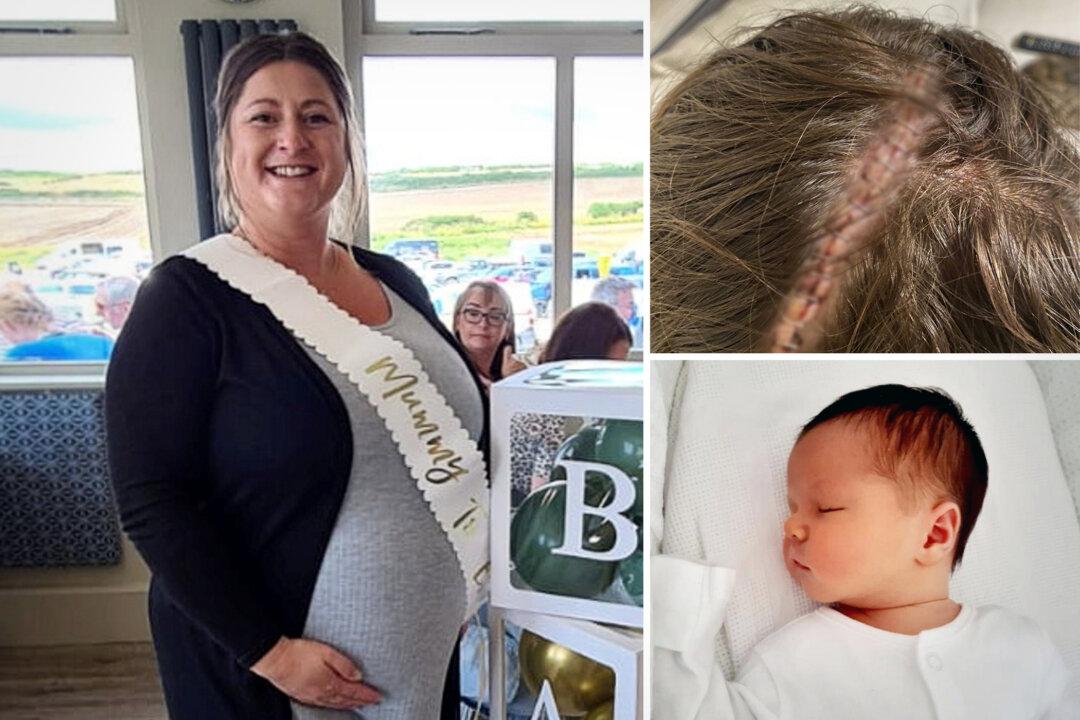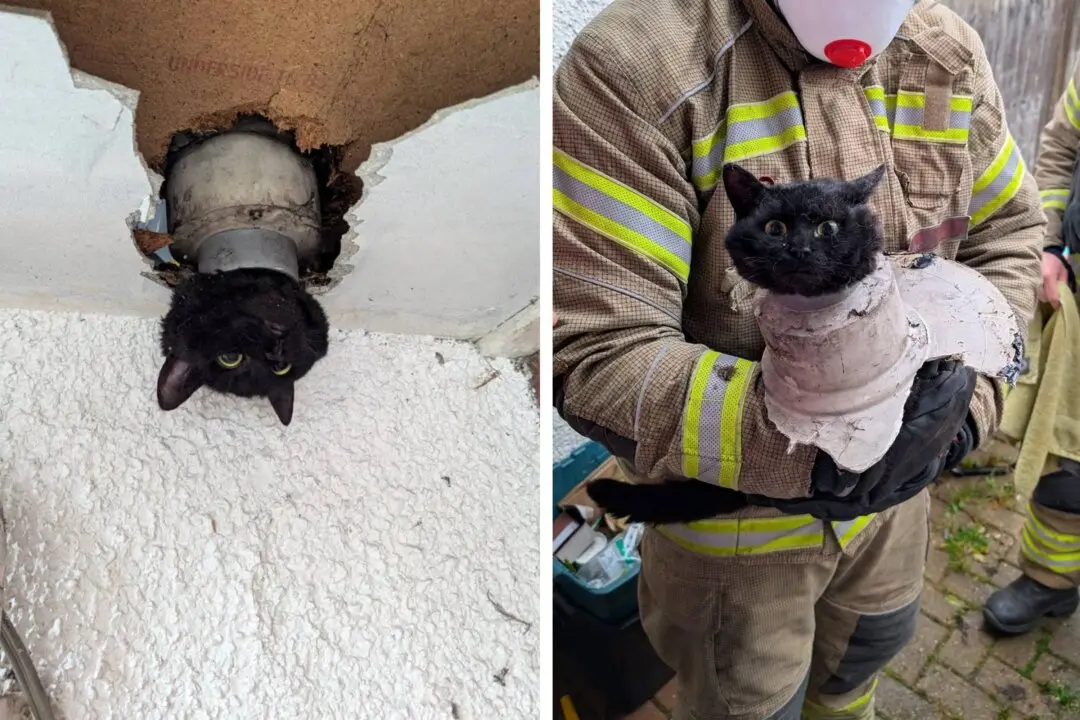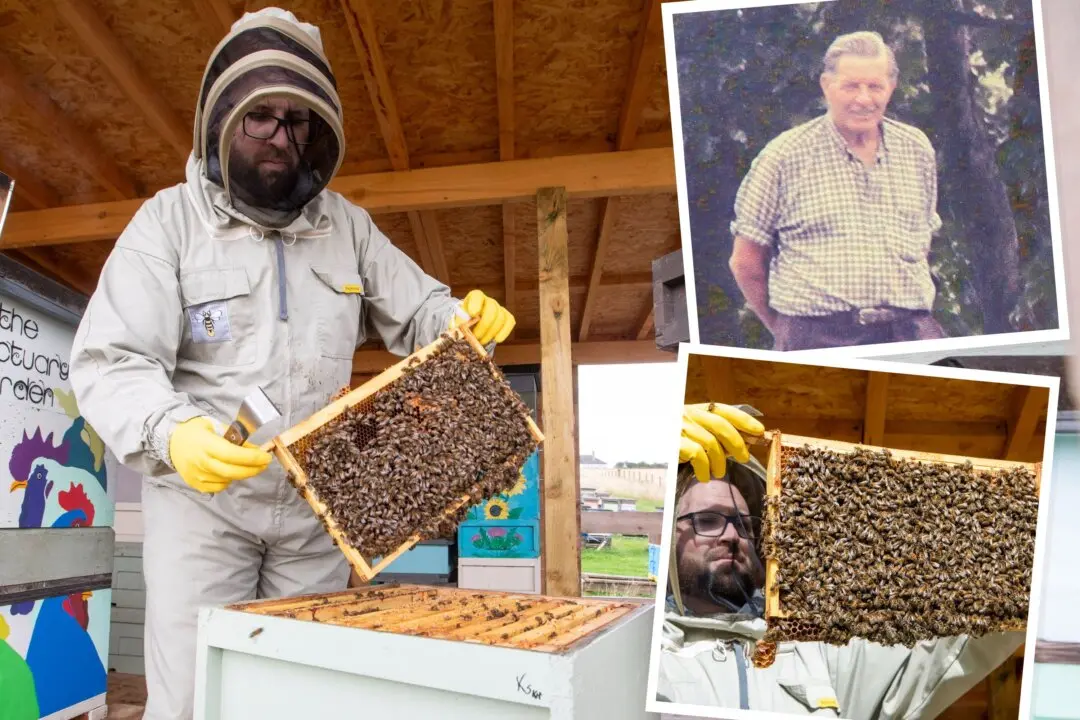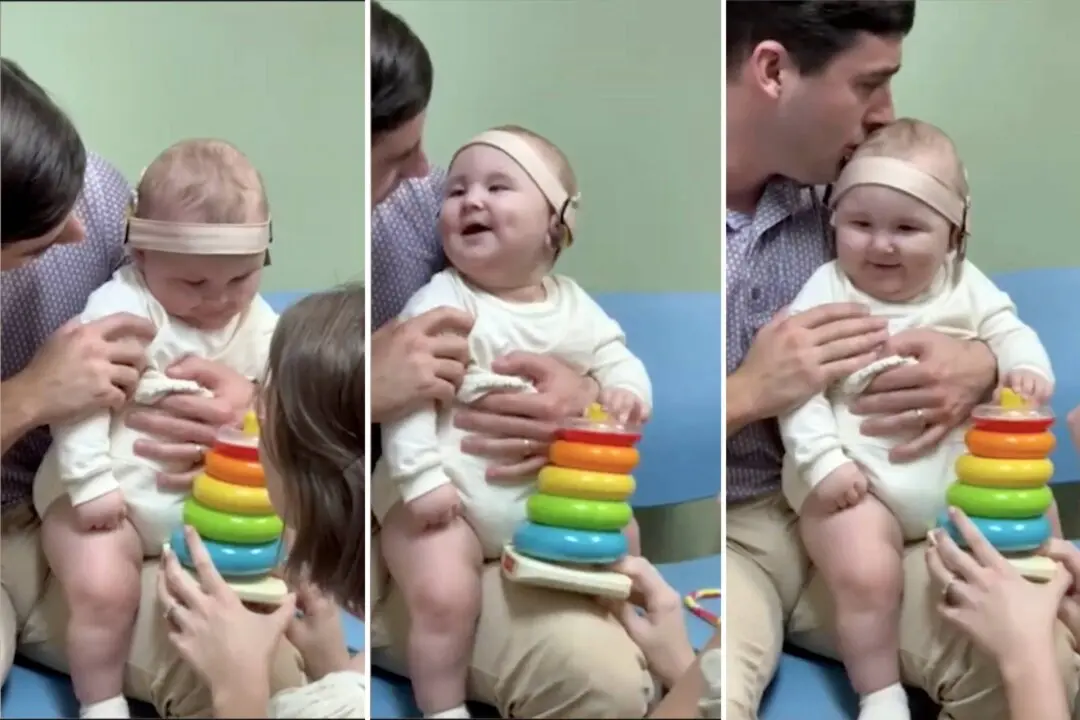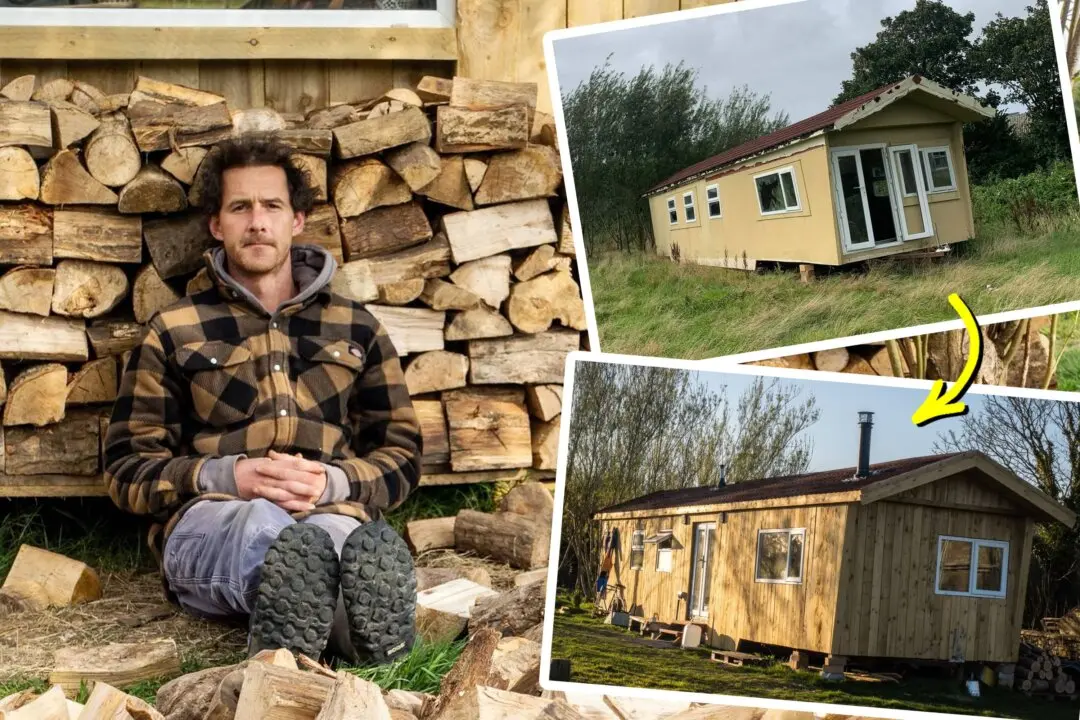Warning: This article contains content that some readers may find disturbing.
A woman who was diagnosed with a brain tumor at 34 weeks pregnant says her unborn baby saved her life. She’s now helping raise funds for the UK-based nonprofit Brain Tumor Research by taking part in its month-long Skip 10 Minutes a Day in November.

